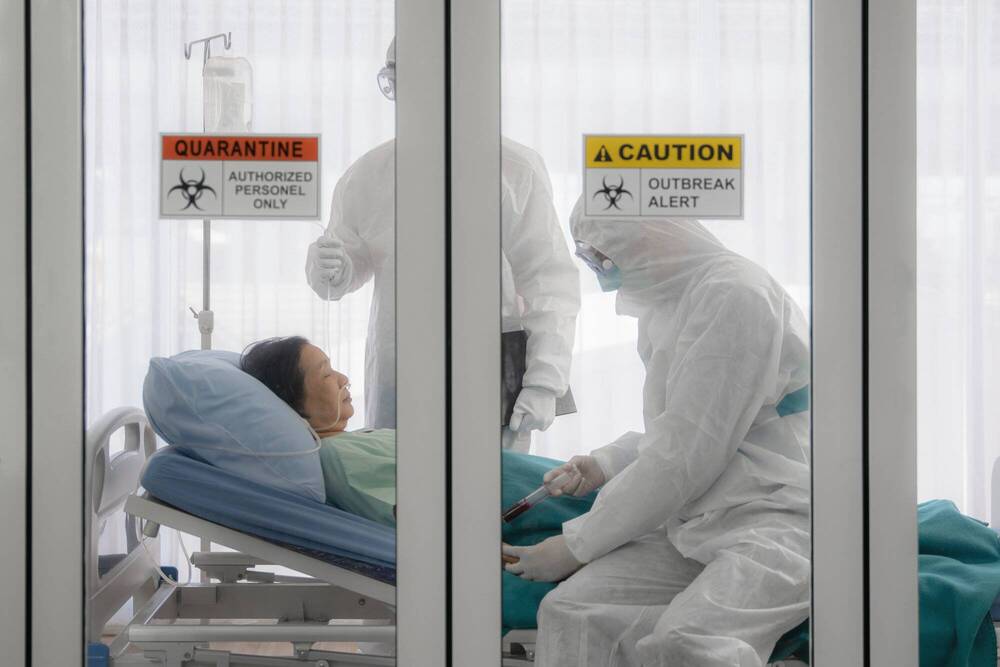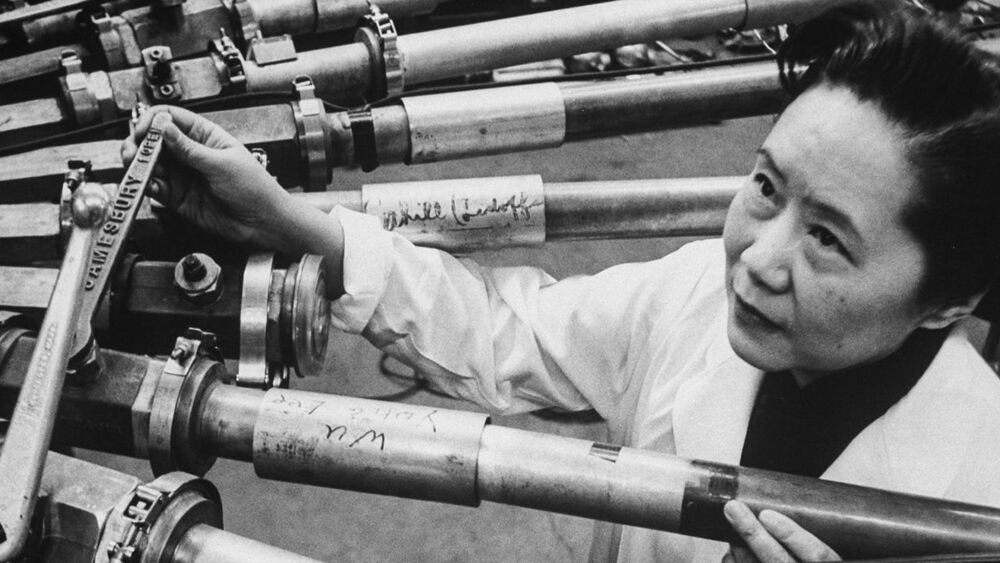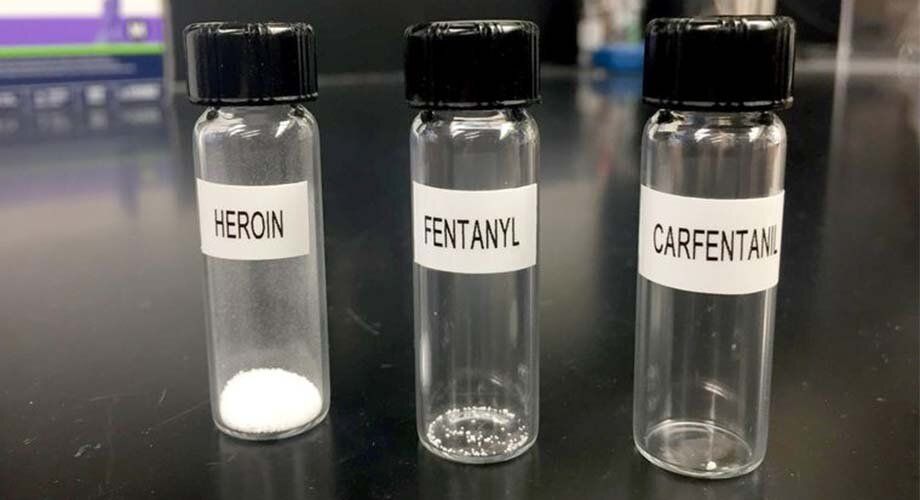This is “Infinite Power Cell” by SnapWeb on Vimeo, the home for high quality videos and the people who love them.
Get the latest international news and world events from around the world.


Breakthrough drug might cure COVID-19 in just five days
It’s too early to call it a miracle cure, but if the conclusions from a recent Phase 1 trial for a new drug called EXO-C24 are backed up in subsequent trials, we might have the first true breakthrough therapy for COVID-19. That’s in addition to coronavirus vaccines, of course, which will help prevent severe COVID-19 cases and deaths, and even reduce the spread of the illness. But while vaccines can give the immune system a heads-up to the threat it might have to deal with — the real virus — they have a few limitations. First of all, they don’t work on infected people. Secondly, vaccine supply is still limited and vaccinations aren’t available to anybody who might want one. Then there’s the threat of coronavirus mutations that might reduce vaccines’ effect on the virus and extend the pandemic.

Dr Vipul Goyal — NTT Research — Quantum Encryption, Privacy Preservation, And Blockchains
Quantum Encryption, Privacy Preservation, And Blockchains — Dr. Vipul Goyal, NTT Ltd. Cryptography & Information Security Labs
Dr Vipul Goyal is a senior scientist at NTT Research (a division of Nippon Telegraph and Telephone Corporation, a telecommunications company headquartered in Tokyo, Japan.) and an Associate Professor in the Computer Science Department at Carnegie Mellon University (CMU), where he is part of the Crypto group, the theory group, a core faculty at CyLab (CMU security and privacy institute) and the faculty advisor of CMU Blockchain Group.
Previously, Dr. Goyal was a researcher in the Cryptography and Complexity group at Microsoft Research, India.
Dr. Goyal received his PhD from the University of California, Los Angeles.
Dr. Goyal is broadly interested in all areas of cryptography with a particular focus on the foundations of cryptography. Currently his research topics include secure multi-party computation, non-malleable cryptography, and foundations of blockchains.


The real value of the nuclear ban treaty
The Treaty on the Prohibition of Nuclear Weapons represents a refusal to live forever under this nuclear shadow. It reflects a belief that the status quo represents a grave inequity, in which nuclear costs are imposed upon all, while the benefits of nuclear arms accrue to the few states privileged to possess them.


